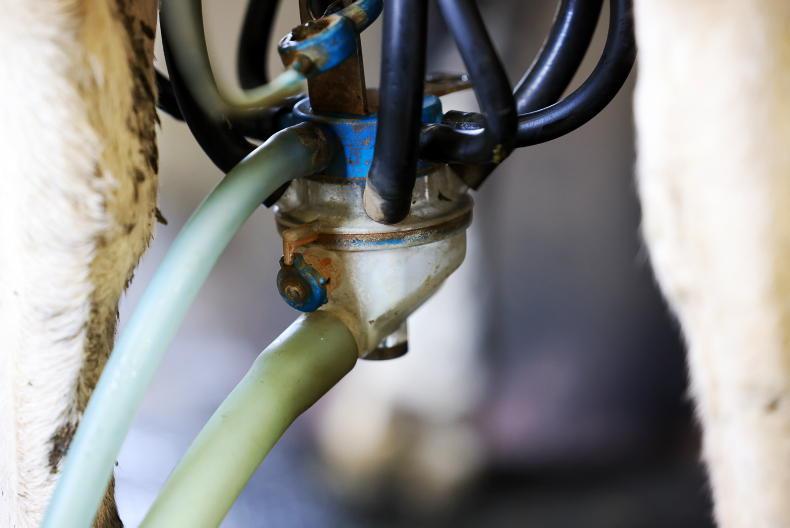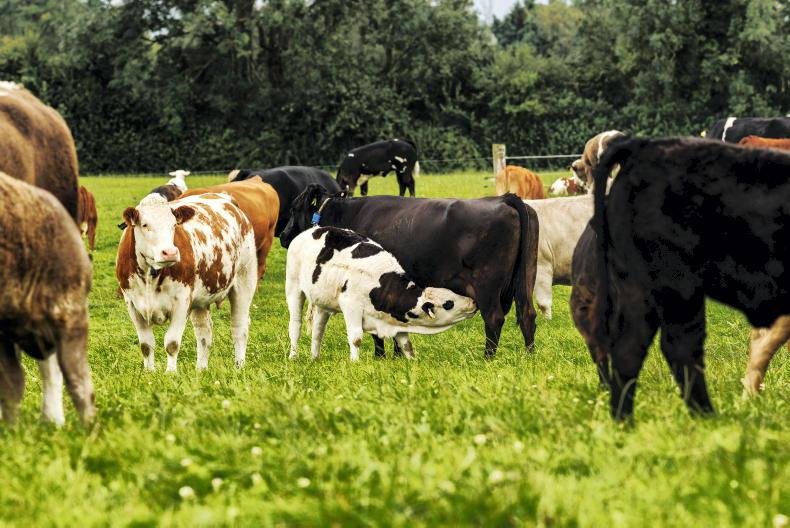As part of our Around the Editor’s Table series, this week we interviewed senior vice-president of the World Wildlife Fund Jason Clay. The American is recognised as a world leader on how farmers can be supported in addressing the environmental challenges of feeding the world.
As Siobhán Walsh reports in this week's edition, he views the challenge as figuring out how to manage food production and consumption at a planetary level, rather than at national or local level – once again reinforcing the dangers of focusing on national emission targets at the expense of dealing with the global problem.
His message to Irish policymakers is to focus on developing a policy landscape that would see farmers gaining accessing to multiple income streams beyond food production.
Carbon sequestration, increased biodiversity, habitat regeneration and renewable energy were all identified as potential revenue streams that would reduce the environmental footprint of food production while supporting farm incomes during a green transition.
In stark contrast to the views of Minister for the Environment Eamon Ryan, Clay identified the potential for the development of community-led anaerobic digestion as delivering a win-win in terms of carbon emissions, water quality and farm incomes.
His comments once again expose the extent to which Government policy to date has failed to keep pace in this area at the expense of farmers and the environment.
You can watch the interview back here.
Putting a tax plan in place
While 2021 will be remembered as a good income year for farmers, spiralling inputs costs present real challenges for 2022. This week we launch a special three-week series in partnership with ifac looking at how farmers can help navigate these challenges through proper tax planning, budgeting and cash-flow management.
In this week's edition, Declan McEvoy highlights the need for farmers to avoid a hangover of their 2021 tax liability into the autumn of 2022 when cash flow could be much tighter. Paying the correct amount of preliminary tax this year will be key to avoiding this situation. Meanwhile, he details a number of useful steps that can still be taken to reduce your 2021 liability. Investing in renewables that qualify for 100% capital allowance and improving energy efficiency in the long term is an option worth exploring.
Economic impact assessment
To ensure our readers are fully informed, in July of this year, the Irish Farmers Journal commissioned KPMG to carry out an economic assessment of the impact that emission reduction targets within the Climate Act would have on the agricultural sector.
This comprehensive piece of work will conclude in the coming days and will detail the impact that emission reduction targets – including the 21-30% range – will have on farm incomes, the rural economy and rural employment.
It will also establish the scale of reduction required in the national herd should new emission reduction technologies fail to emerge.
We will carry comprehensive coverage of the independent report in next week’s Irish Farmers Journal.










SHARING OPTIONS